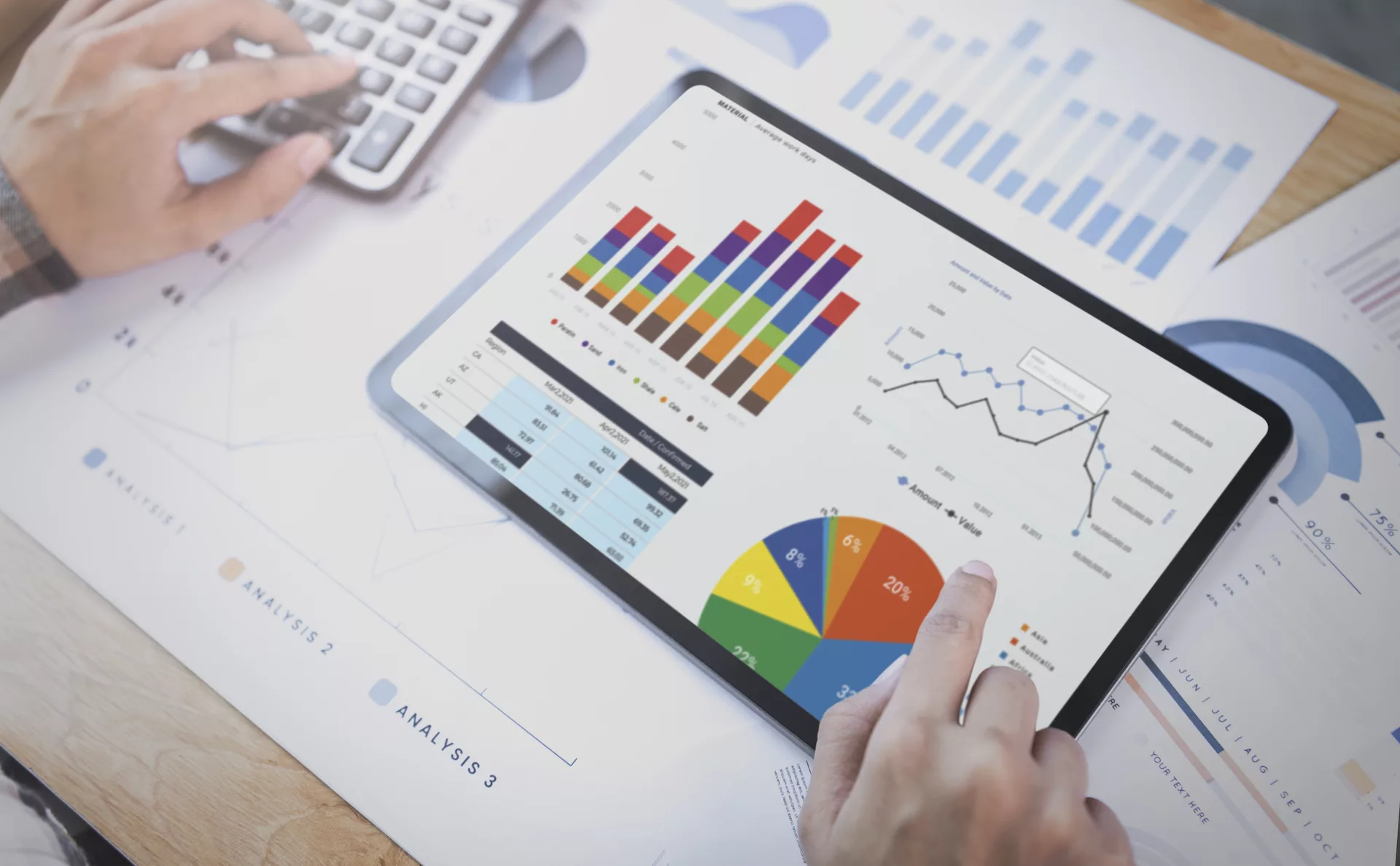Hotel operators trying to boost their operational efficiency, improve guest satisfaction, and enhance their bottom line rely on the undeniable power of data to get ahead. Thankfully, hotel guests constantly leave digital footprints throughout their booking journey, from check-ins and checkouts to surveys and online reviews, leaving plenty of data for hotel owners, operators, or data analysts to work with. Hotels can then use this data to gain valuable insights, make informed decisions, and optimize operations.
For example, hotels in Pasay can ask guests to answer a quick survey after their stay and use their feedback to identify trends that can elevate guest satisfaction and address any outstanding issues. This allows hotel operators to effect changes based on actual data and thus create a customer experience that will be appreciated by their patrons. Data can also be applied to other aspects of hotel operations. Read on below for the different ways that data analytics can be used to benefit the hotel industry.
Why Is Data Analytics Important for Hotels?
Like any other business, hotel operators are concerned about saving costs, enhancing customer satisfaction, improving the efficiency of their operations, and increasing revenue. In order to achieve this, data analytics can be applied to the following situations:
- Analyze booking patterns to improve occupancy rates
- Analyze bar and restaurant revenue and consumption to determine better menu pricing or upselling
- Study customer preferences to serve guests better
- Analyze and compare competitor pricing to develop a more competitive pricing strategy
- Analyze customer spending behavior to pinpoint the most lucrative segments
- Determine labor costs for every occupied room to suggest the best staffing levels for improved guest satisfaction
Personalized Customer Experience
By analyzing guest data like online reviews, feedback, and booking history, hotels can create tailored experiences and launch effective promotions to which customers will be most receptive. For example, hotels can use data analytics to recommend amenities or room upgrades based on preferences, resulting in repeat bookings and enhanced guest satisfaction.
Demand Forecasting
By utilizing historical data, hotels can efficiently predict future demand for hotel rooms. Hotel managers can adjust their inventory or room rates based on the day of the week, seasonality, or special events. Additionally, hotels can also monitor their competitor’s occupancy rates, which can help them adjust their inventory and pricing to stay competitive.
Revenue Optimization
Data analytics is crucial to a modern hotel’s revenue optimization because it offers insights into customer patterns, preferences, and behavior. Hotels can analyze data from several sources, including customer reviews, online booking platforms, and social media, to identify demand for specific amenities and services. They can then use this information to formulate pricing models based on the market segment they wish to target, thus ensuring a maximized revenue potential for each booking.
With data analytics, hoteliers can properly determine revenue performance indicators such as the average daily rate of their rooms vis-à-vis the purchasing power of their customers. These numbers can inform strategic pricing decisions that help ensure that their rates are attractive to the target clientele and encourage repeat business and customer loyalty.
Cost Optimization and Improved Operations
By investing in data analytics, hotels can reduce costs and enhance their operational processes. For example, hotels can analyze energy consumption, inventory management, and maintenance schedules to pinpoint ineffective areas and employ corrective actions.
Looking into seasonal data can also help hotels reduce costs and enhance their bottom line. For instance, if data reflects that bookings tend to rise in the summer months, hotel owners can optimize room inventory and avoid stockouts or overbooking.
Food and Beverage Management
Revenue from hotel bars and restaurants can be tricky to manage. When the cost of goods rises but revenue can’t keep up, hotels will likely experience drastic cuts in their profit margins. To prevent this from happening and keep balance sheets in the black, hotels can analyze revenue data to discover new ways to encourage guest spending. These efforts may include upselling, menu engineering, or seasonal promotions. Hotel managers can also analyze data to look into spending behavior and pinpoint guests who spend more on food and beverage.
Improved Security and Fraud Detection
The hotel industry is not exempt from experiencing fraudulent activities like identity theft and credit card fraud. Data analytics can help hotel operators develop more robust security systems by analyzing guest behavior patterns and transaction data in search of suspicious behavior. With early detection of fraudulent activities using data analysis, hotels can protect their guest data and avoid financial losses.
Marketing and Customer Segmentation
Data analysis can significantly improve the marketing efforts of any business. In fact, efficient data analysis is the key to successful hotel marketing. Hotels can develop better marketing practices and customer segmentation by analyzing preferences, patterns, and trends.
For instance, hotel owners can use data to understand customer demographics and booking patterns for targeted marketing campaigns that not only attract but retain customers. Additionally, data can help identify high-value customers who can be targeted with tailored marketing efforts for increased booking and revenue.
Conclusion
By harnessing the power of data analytics, hotels can stay on top of the rapidly evolving hospitality industry, boost guest satisfaction, and achieve increased revenue and operational efficiency. Besides being the key to remaining competitive in today’s data-driven world, data analytics is an invaluable asset offering actionable insights in a highly competitive market. As technology continues to advance along with data analytics techniques, the hotel industry is poised to benefit more from these technologies in the years to come.



